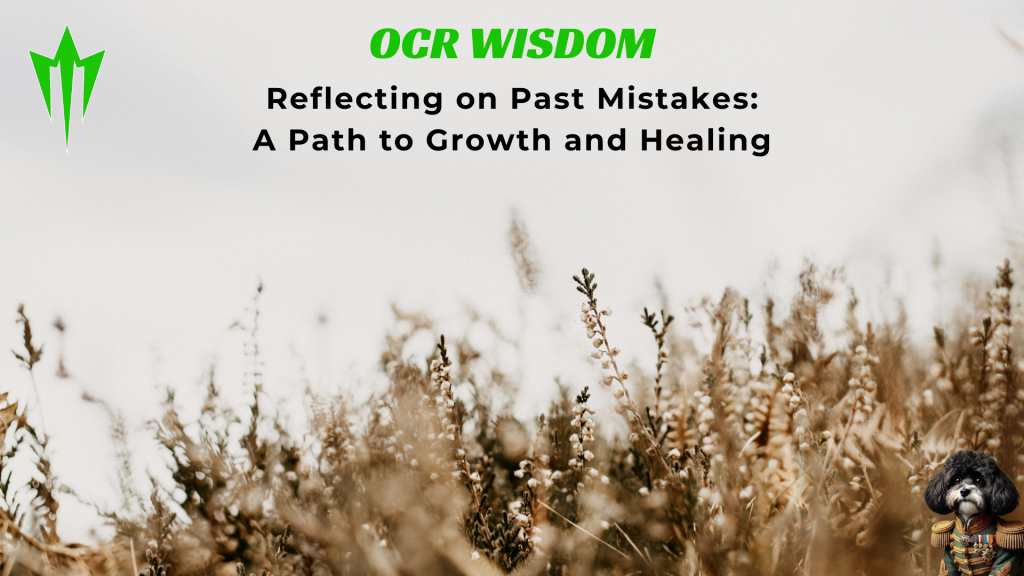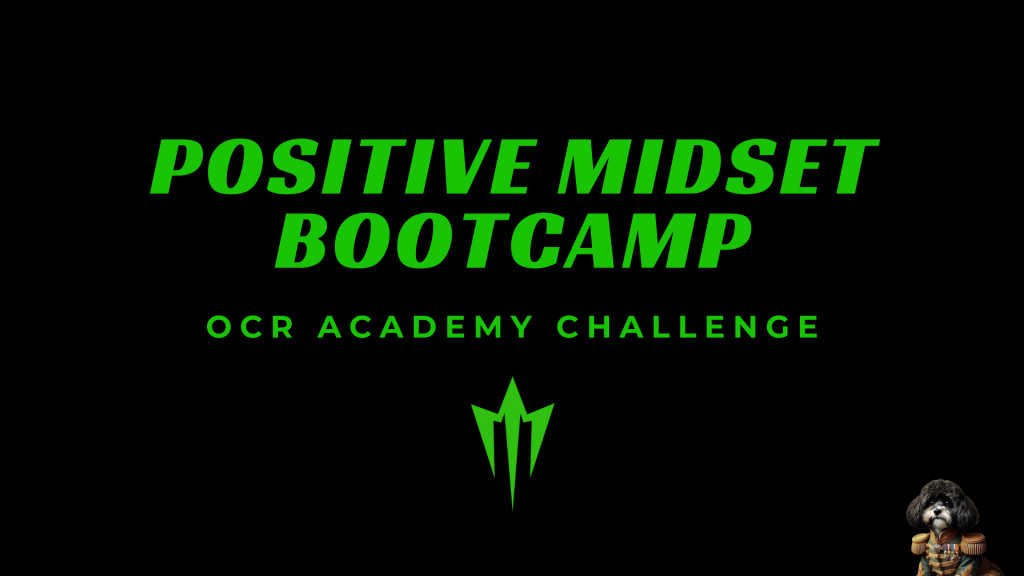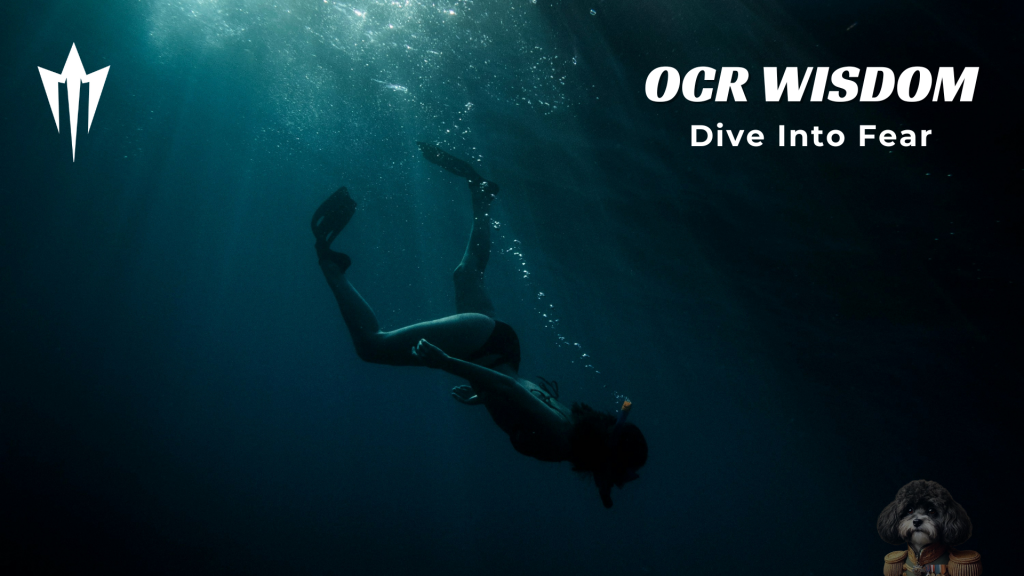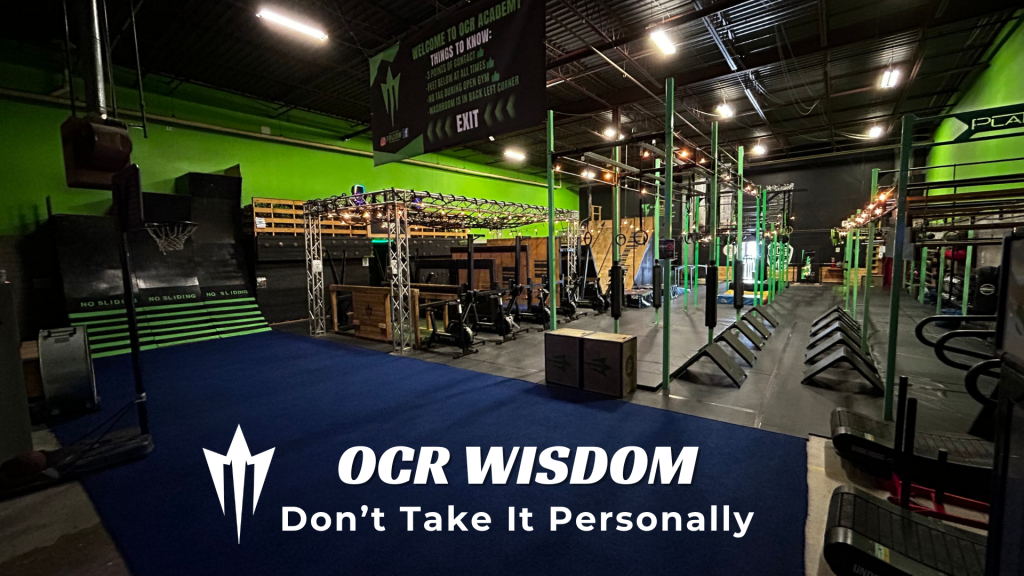Reflecting on past mistakes is one of the most powerful tools for personal growth. It allows you to step back, examine your actions, and gain valuable insights into your behavior and motivations. This process isn’t about self-criticism or dwelling on regrets but about cultivating self-awareness, empathy, and resilience.
Why Reflection Helps You Grow:
1. Awareness of Patterns: Reflection helps you identify recurring behaviors and thought patterns that might be holding you back. By becoming aware of these cycles, you can consciously work to break them.
2. Emotional Regulation: Processing emotions tied to past mistakes—such as guilt, regret, or anger—enables you to transform them into constructive insights, fostering emotional growth.
3. Accountability: Taking responsibility for your actions without judgment is a mark of maturity. This ownership empowers you to make better choices moving forward.
4. Empathy Development: Understanding how your actions affected others deepens your compassion, improving your relationships and social awareness.
5. Resilience Building: Learning from mistakes strengthens your ability to face challenges with confidence and adapt to new situations effectively.
Gabor Maté’s Perspective on Reflection:
Dr. Gabor Maté, a renowned expert on trauma and healing, often emphasizes that our behaviors are shaped by unmet needs and survival mechanisms developed in childhood. He advises approaching self-reflection with curiosity and compassion.
1. Adopt Curiosity Over Judgment: Maté encourages asking questions like, “Why did I act this way? What was I trying to achieve or protect?” Recognize that your actions likely stemmed from subconscious patterns rather than intentional harm.
2. Explore Your Core Needs: He suggests reflecting on the unmet needs behind your choices. Were you seeking love, safety, or approval? Understanding these motivations allows you to meet those needs in healthier ways today.
3. Practice Self-Compassion: Maté emphasizes that mistakes are part of being human. Forgive yourself for acting with the knowledge and tools you had at the time.
4. Integrate the Lessons: Use the insights gained to guide your future actions. Journaling or sharing your reflections with someone you trust can help solidify these lessons.
5. Reconnect with Authenticity: For Maté, growth is about aligning with your authentic self. Reflecting on mistakes offers an opportunity to ask, “How can I make choices that align with my values and true desires?”
Why Your Ego Is the Enemy:
Your ego, while a necessary part of your identity, often serves as an obstacle to self-awareness, growth, and authentic living. Insights from Dr. Joe Dispenza, Ryan Holiday, and John Purkiss reveal how the ego can hinder progress and how to overcome its grip.
Dr. Joe Dispenza: The Ego and the Familiar Self
Dispenza explains that the ego is a product of past experiences, shaping habitual thoughts, feelings, and behaviors. It resists change to maintain a sense of control, even if those patterns are destructive.
• Why the Ego Is the Enemy: It anchors you to the past, replaying familiar cycles of thought and emotion, which stifles transformation.
• Solution: Dispenza recommends breaking free from ego-driven patterns through mindfulness, meditation, and visualization to create a new, empowered version of yourself.
Ryan Holiday: Ego and Humility
In Ego Is the Enemy, Holiday argues that the ego blinds us to our weaknesses and fosters an unhealthy focus on external validation.
• Why the Ego Is the Enemy: It prioritizes recognition over growth and prevents you from accepting failure or learning from setbacks.
• Solution: Cultivate humility by detaching from pride and focusing on purpose. Embrace continuous learning and meaningful relationships over ego-driven achievements.
John Purkiss: Ego and the Higher Self
Purkiss, in The Power of Letting Go, describes the ego as a barrier to accessing your higher self—the intuitive, peaceful, and authentic part of you.
• Why the Ego Is the Enemy: It clings to material success, external validation, and fear-based decisions, preventing you from finding true fulfillment.
• Solution: Surrender control and let go of attachments. Through mindfulness and alignment with your values, you can transcend the ego and connect with your higher self.
Key Takeaways:
1. From Dr. Joe Dispenza: The ego traps you in the past. Reprogram your thoughts and emotions to break free and create a new reality.
2. From Ryan Holiday: The ego blocks humility and genuine growth. Focus on learning, purpose, and relationships instead of external validation.
3. From John Purkiss: The ego keeps you in fear and attachment. Let go and connect with your higher self to access peace and authenticity.
By reflecting on your past mistakes and addressing the ego’s influence, you unlock the potential for profound growth. The journey is not about perfection but about aligning with your true self and creating a life of purpose and connection.



